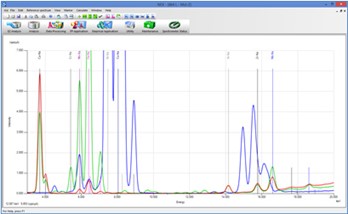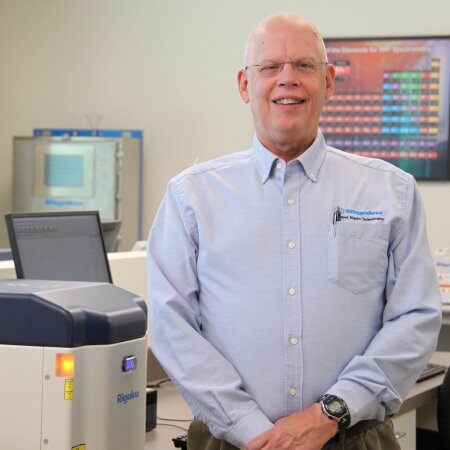Application Note EDXRF1654

Scope
NEX QC+ QuantEZ is highlighted as a compact, powerful, affordable energy dispersive x-ray fluorescence (EDXRF) system for use in academia for teaching and basic research.
Background
XRF has become a popular analytical technique in industry around the world, as well as in academia for teaching and basic research. The technique is simple, fast and non-destructive. Use Rigaku EDXRF systems from Applied Rigaku Technologies in such disciplines as chemistry, material sciences, physics, and geology. Rigaku EDXRF systems are also valuable tools in basic research for elemental spectroscopic analysis as well as industrial process control.
Principles of X-ray fluorescence
Teach basic principles of atomic spectroscopy using EDXRF, including:
- Principles of the photoelectric effect
- Energy lines
- Direct excitation using X-ray tube source and primary beam filters
- Principles of Bremsstrahlung, when it is good and when it needs to be removed
- EDXRF detection using SDD detector
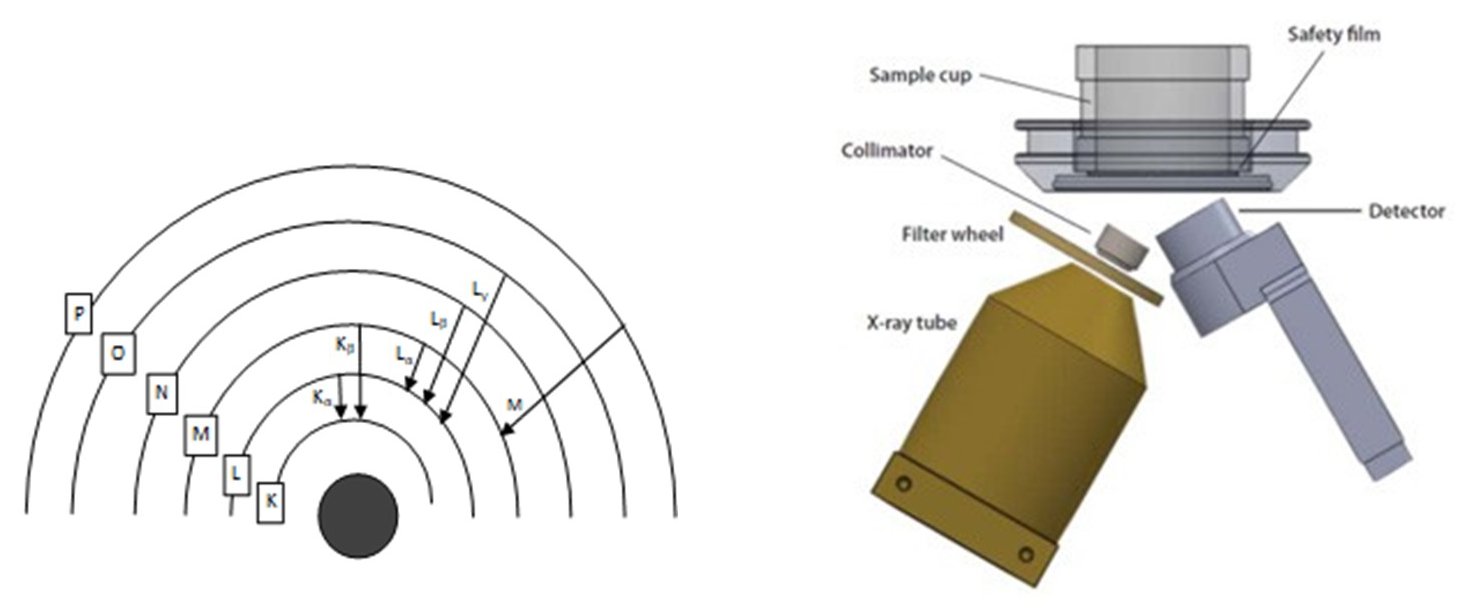
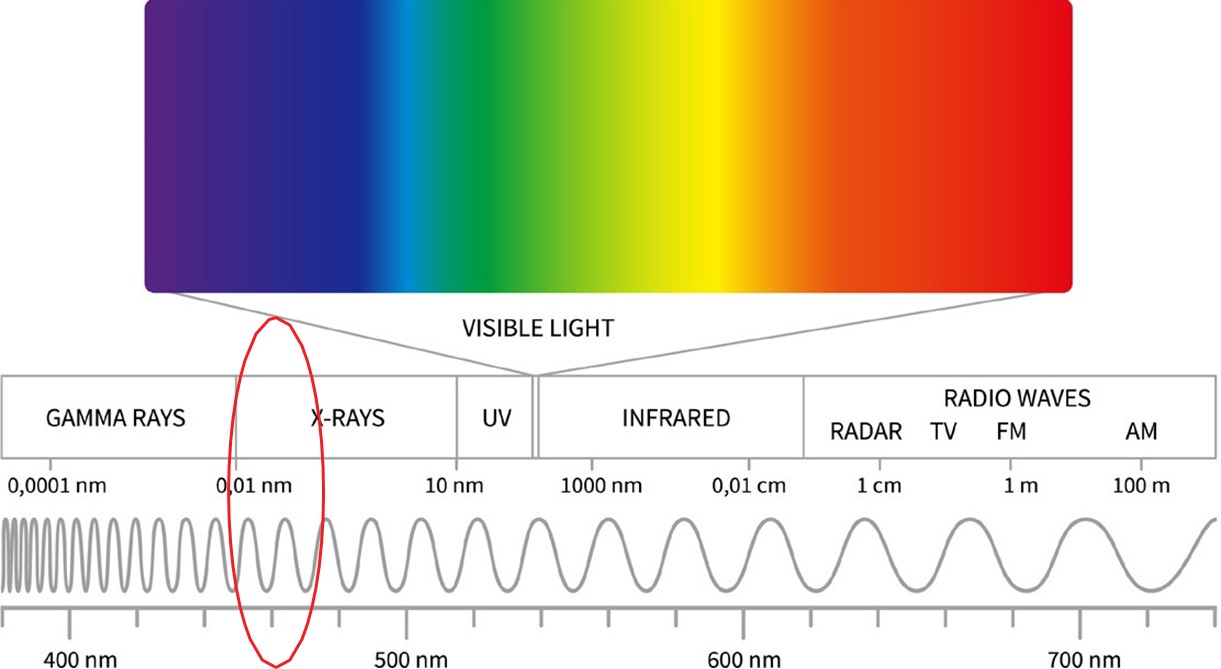
Spectra & qualitative comparisons
Advanced spectral analysis using simple tools is ideal for teaching as well as basic research.
- Elemental identification
- Use KLM markers to identify peaks
- Overlap up to 10 spectra for qualitative comparisons
- Zoom controls to isolate a specific energy region or view trace elements
- Teach principles of sum peaks and escape peaks
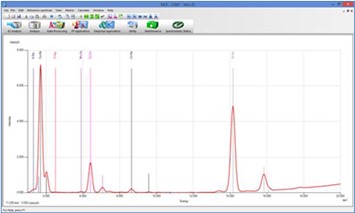
Empirical calibration
Teach principles of best-fit regression calibration.
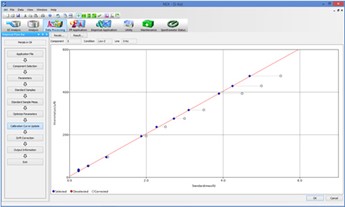 Easily build calibrations using step-by-step flow bar design
Easily build calibrations using step-by-step flow bar design- Matrix-matched calibration standards
- Independent variations in elemental composition
- X-ray absorption & enhancement correction (matrix effects)
- Peak overlap correction
Fundamental parameters
Use XRF Fundamental Parameters using Rigaku RPF-SQX software.
- Templates setup for common materials, such as metals, powders & pellets, polymers, thin films, oils and liquids
- Define and set Balance component for the part of the sample that XRF cannot measure
- Rigaku Profile Fitting automatically deconvolutes background and peak overlaps using advanced spectral fitting
- Semi-quant results without the need for any reference materials
- See statistical errors, detection limits and quantification limits in a report
- Make changes to FP model and re-calculate without having to re-measure the sample
- Transfer results and X-ray intensities to spreadsheet for further investigations
Customize an FP library
Bring semi-quant results to full quantification using Rigaku Matching Library functionality.
- Easily create your own library to match your exact material using at least one assayed reference standard
- Simple flow bar design steps through the process of creating a Matching Library
- Adjusts theoretical sensitivities to match your actual materials
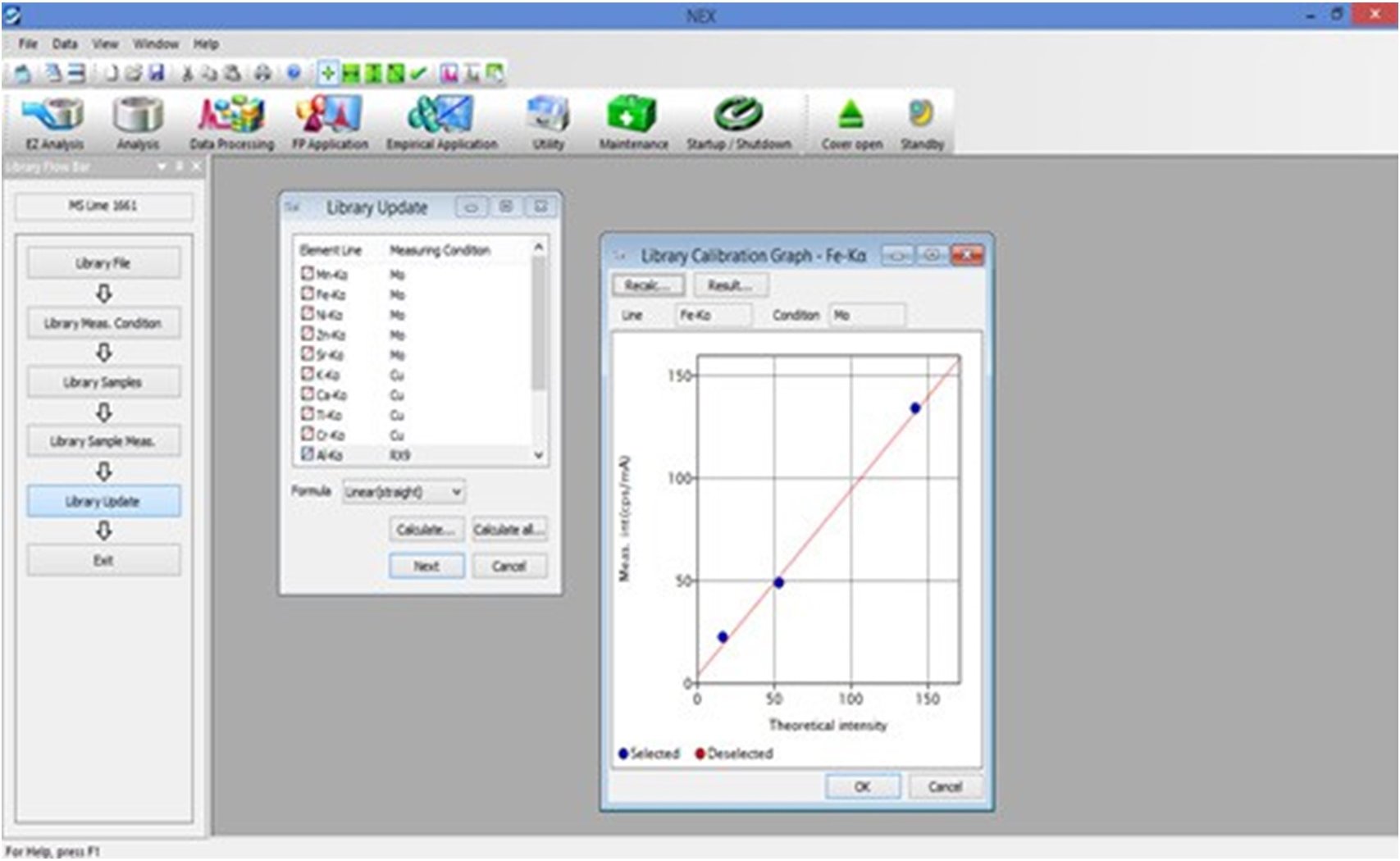
Conclusion
EDXRF provides a rapid, nondestructive means of semi-quantitative measurement for screening, identification, as well as elemental quantification of metals, solids, powder, pellets, thin films and liquids. The NEX QC+ QuantEZ® powerful yet simple and intuitive software gives the academician an excellent tool for teaching XRF and use in such fields as inorganic chemistry, material science, physics, geology, forensics and industrial process control.

